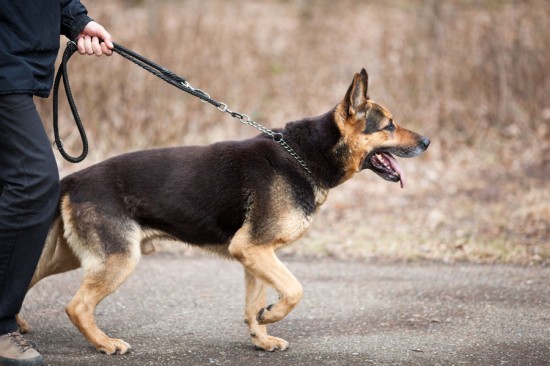
Normal 0 false false false MicrosoftInternetExplorer4 /* Style Definitions */ table.MsoNormalTable {ms...
Normal 0 false false false MicrosoftInternetExplorer4 /* Style Definitions */ table.MsoNormalTable {mso-style-name:"Table Normal"; mso-tstyle-rowband-size:0; mso-tstyle-colband-size:0; mso-style-noshow:yes; mso-style-parent:""; mso-padding-alt:0in 5.4pt 0in 5.4pt; mso-para-margin:0in; mso-para-margin-bottom:.0001pt; mso-pagination:widow-orphan; font-size:10.0pt; font-family:"Times New Roman"; mso-fareast-font-family:"Times New Roman"; mso-ansi-language:#0400; mso-fareast-language:#0400; mso-bidi-language:#0400;}Food intolerances, defined as a dog inability to digest a
certain kind of dog food, are far more common in dogs than food allergies.
Compare dog food intolerances to allergies: only 10% to 12% of the canine
population has allergies while up to 50% could suffer from an intolerance.
Nearly half of all dogs are unable to stomach a certain kind of food and could
become sick within half an hour of consuming it.
There is a distinction that needs to be made between food allergies and food
intolerances. Food allergies are true allergies and show the characteristic
symptoms of itching and skin problems associated with canine and feline
allergies. Food intolerances can result in diarrhea or vomiting and do not
create a typical allergic response. Food intolerances in pets would be similar
to people that get diarrhea or an upset stomach from eating spicy or fried
foods. Fortunately, both food intolerances and allergies can be eliminated with
a diet free from offending agents.
?/p>
While milk is not necessary to a dog diet, it can be a treat if given from time to time. However, some dogs cannot tolerate milk because they do not produce an enzyme called lactase. Lactase helps with the digestion of lactose, which is found in milk. After weaning, the level of lactase activity falls to about 10 per cent of its peak activity. In some animals, diarrhea will occur if more lactose (i.e. milk) is consumed than the pet can digest. This is called "lactose intolerance". On the contrary, in dogs that are able to tolerate it, milk can be an excellent source of protein and calcium.
?/p>
A dog may develop intolerance to foods that they have been eating for years. Closely monitoring your dog diet is the best way to manage an intolerance. Vitamins and minerals are essential in maintaining tissue and are required for energy. Every time you feed your dog food that he or she cannot stomach, your dog is missing out on these necessary nutrients.
?/p>
Most dogs do best with a varied diet. Variety helps keep immune systems strong and maintain good health. It also may help prevent food intolerance, obesity, allergies and other problems. Variety may also protect a dog from nutrient deficiencies not yet discovered by science. Many people provide variety by first feeding a dry food that matches the dietary requirements of the breed, age, activity level and overall health. Then they rotate high quality canned or raw foods for protein from a variety of sources.
?/p>
It is important to identify an intolerance as soon as
possible. There are several ingredients in commercial and natural dog food and
any one of them could be the cause of the problem. Often there is information
in the latest dog food reviews that can help you find a healthy alternative for
your dog.
If your dog intolerance is caused by a common ingredient, then you will need to read labels extra carefully before feeding your dog anything. Management of dog food intolerances is relatively simple once the root of the problem is identified.
Find out more information about food allergies in dogs at my site.
 Tabby & Calico Shorthaired Cats, What’s The Difference?
Tabby & Calico Sh
Tabby & Calico Shorthaired Cats, What’s The Difference?
Tabby & Calico Sh
 Larger Dog Breeds That Make Great Family Pets
Larger Dog Breeds
Larger Dog Breeds That Make Great Family Pets
Larger Dog Breeds
 Rehabilitative therapies for your pet
Rehabilitative therapies for your pet
Pet owne
Rehabilitative therapies for your pet
Rehabilitative therapies for your pet
Pet owne
 Tips For Choosing And Buying A Healthy Pet Tarantula
Tips For Choosing
Tips For Choosing And Buying A Healthy Pet Tarantula
Tips For Choosing
 Walking The Dog (part 1)
Walking The Dog (
Walking The Dog (part 1)
Walking The Dog (
Copyright © 2005-2016 Pet Information All Rights Reserved
Contact us: www162date@outlook.com